The contradiction at the heart of the Jewish state has had little impact on its success. Nonetheless, being Jewish in Israel is far more dangerous than living as a Jew in almost any other place on Earth. This lack of safety is not because of Judaism, but because of the political and military posture of the nation.
“It is a democracy in which one must be Jewish to enjoy full civic rights,” writes filmmaker, photographer, and scholar Haim Bresheeth-Žabner in his 2020 book, An Army Like No Other: How the Israel Defense Forces Made a Nation. “Zionism has marked the move away from many small European, Jewish ghettos to a modern, large and powerful ghetto setting itself apart. This particular ghetto has failed in its utopian project of building a Jewish existence without the goy [non-Jew].”
This can be seen in Israel’s relationship with Africa. Many African states had backed Israel after 1948 as a noble anticolonial struggle. They related to its cause. One of the least known aspects of this dynamic, just before the Six-Day War, was Israel’s support for the campaign against white minority rule in Rhodesia, now Zimbabwe. Israel condemned the regime led by white nationalist Ian Smith after his unilateral declaration of independence in 1965 and supported a military and civilian boycott of the regime.
But Israel’s advocacy was not due to a love of African self-determination, but was rather a calculated decision to gather support in Africa against what it perceived as Arab and communist “defamation”. Israel was also interested in exploiting Africa’s natural resources and immediately set about building relationships with pliant leaders in the Central African Republic after it declared independence from France in 1960.
Declassified documents from Israel’s state archives indicate that it provided training to rebel groups fighting racism in Rhodesia, though the exact nature of the training is unknown, and some officials backed armed struggle. Israel’s ambassador to Zambia, Ben Zion Tahan, sent a telegram on 23 November 1965 that was unequivocal: “In my opinion, terrorism is the main way, although it is the most difficult for the fighters.”
When the first leader of Zimbabwe, Robert Mugabe, visited Israel in 1964, he thanked the Jewish state for its support of his resistance movement and expressed a desire for his fighters to get Israeli training in guerrilla warfare.
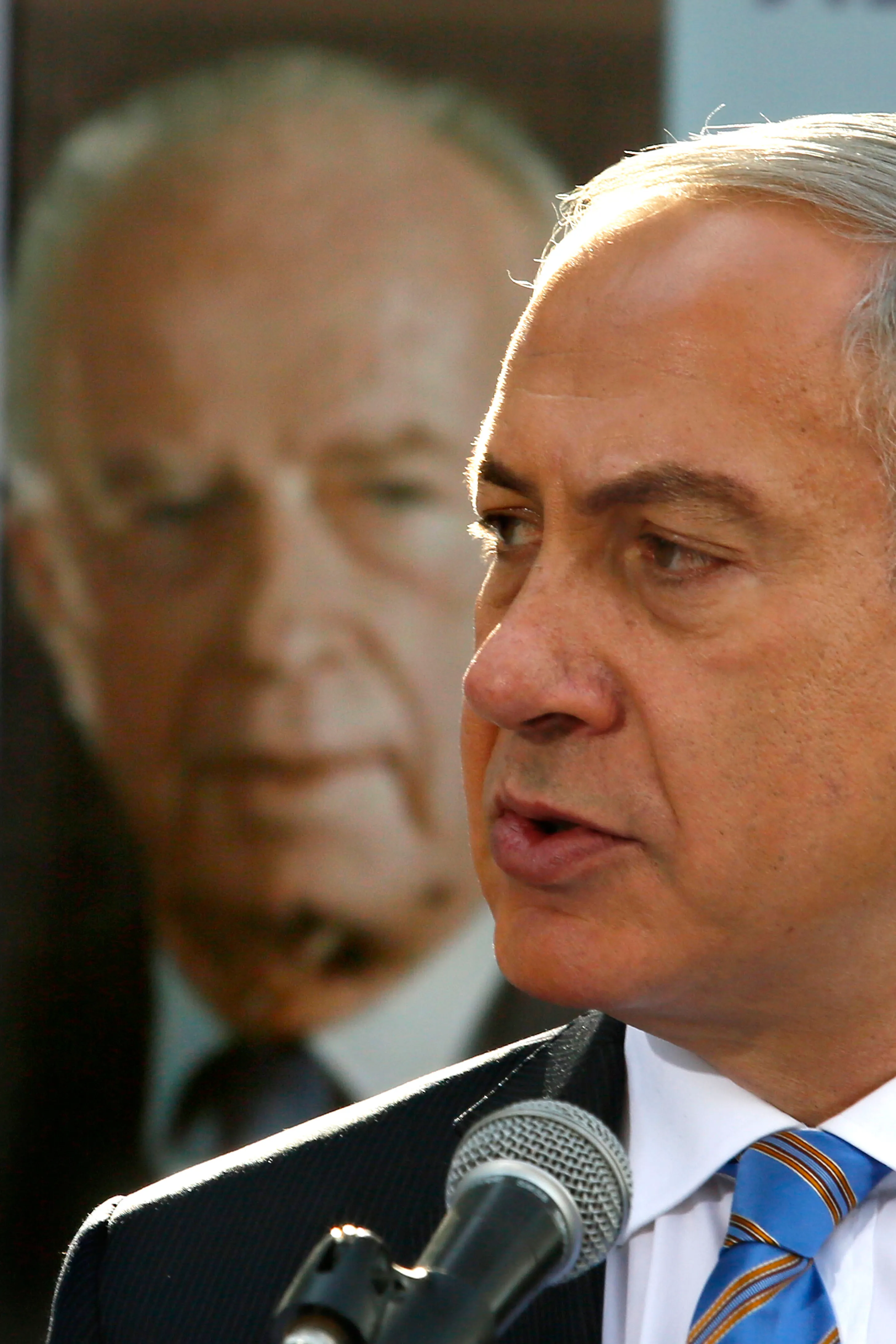 Israeli Prime Minister Benjamin Netanyahu speaks during an official ceremony on 16 October 2013 marking the 18th anniversary of the assassination of Yitzhak Rabin (in the background). Rabin had invited BJ Vorster to visit his country. (Photo: Gali Tibbon / Getty Images)
Israeli Prime Minister Benjamin Netanyahu speaks during an official ceremony on 16 October 2013 marking the 18th anniversary of the assassination of Yitzhak Rabin (in the background). Rabin had invited BJ Vorster to visit his country. (Photo: Gali Tibbon / Getty Images)
An ally in apartheid South Africa
After 1967, Israel’s interest in liberation movements waned and its support for them became far less effective as it turned into an occupier itself. However, there was no better political, military, diplomatic and ideological alliance between like-minded nations than Israel and apartheid South Africa.
The apartheid regime in Pretoria took power in 1948 and soon put in place Nazi-style restrictions on non-whites, from forbidding marriage between the races to barring blacks from many jobs. The South African Jewish community was strongly pro-Israel and became its biggest financial backer per capita after 1948.
A majority of these Jews benefited from South African apartheid and supported its continuation. A small but notable minority bravely opposed it and joined the African National Congress (ANC) in its campaign for liberation.
By the time the South African and Israeli governments cemented a political, ideological and military relationship in the 1970s, often centred on weapons that had been developed and tested by the Israeli military, many in the ruling Israeli Likud party felt an affinity with South Africa’s worldview.
As journalist and author of The Unspoken Alliance, Sasha Polakow-Suransky writes, it was an “ideology of minority survivalism that presented the two countries as threatened outposts of European civilisation defending their existence against barbarians at the gate”.
One of the prominent Jewish dissidents was Ronnie Kasrils, who served as the minister of intelligence between 2004 and 2008 under an ANC government. He told The Guardian that the comparison between the two nations wasn’t accidental.
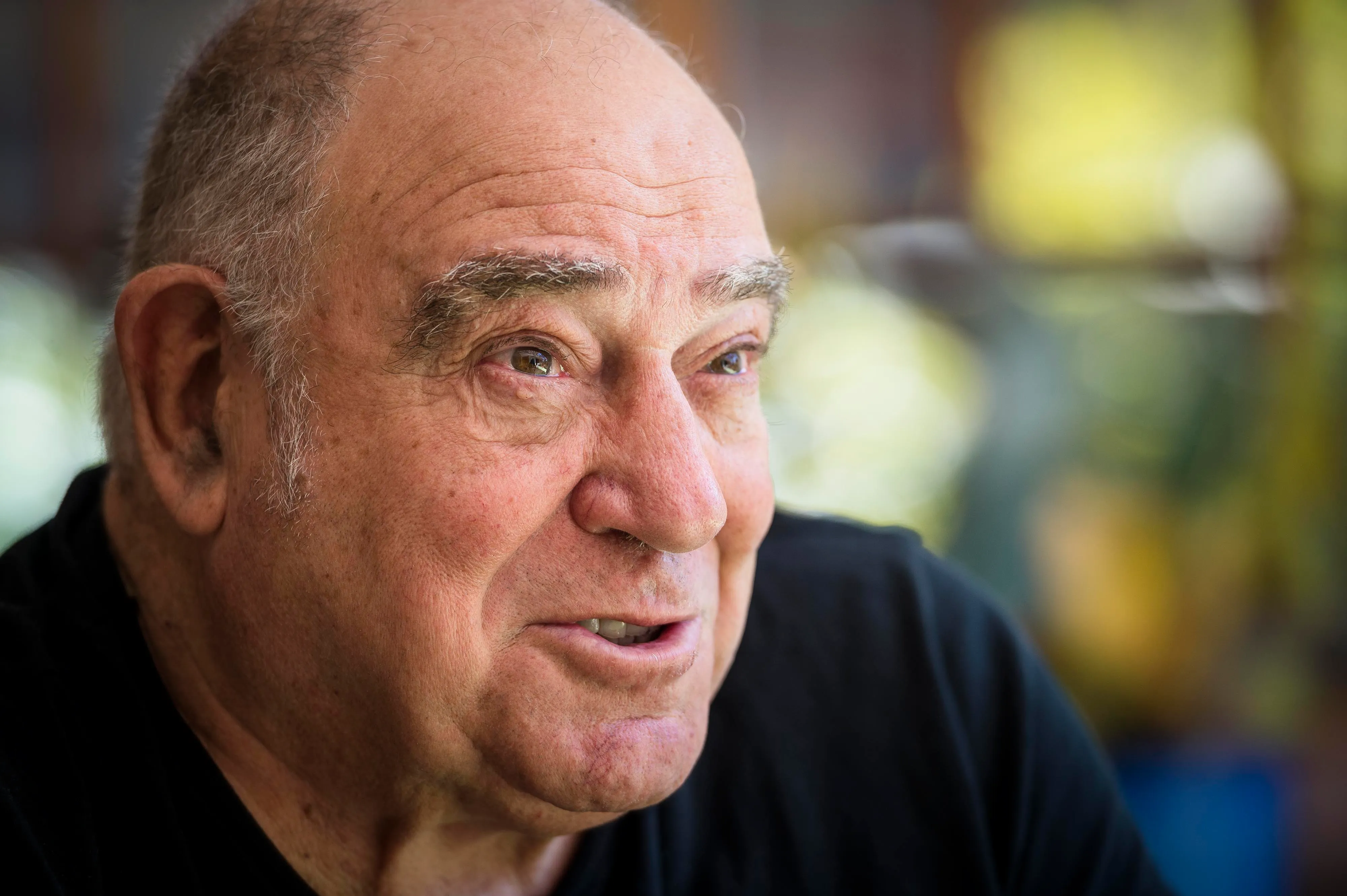 Former intelligence minister Ronnie Kasrils in Johannesburg on 31 August 2016. (Photo: Cornel van Heerden / Gallo Images)
Former intelligence minister Ronnie Kasrils in Johannesburg on 31 August 2016. (Photo: Cornel van Heerden / Gallo Images)
“Israelis claim that they are the chosen people, the elect of God, and find a biblical justification for their racism and Zionist exclusivity,” he said. “This is just like the Afrikaners of apartheid South Africa, who also had the biblical notion that the land was their God-given right.
“Like the Zionists who claimed that Palestine in the 1940s was ‘a land without people for a people without land’, so the Afrikaner settlers spread the myth that there were no black people in South Africa when they first settled in the 17th century. They conquered by force of arms and terror and the provocation of a series of bloody colonial wars of conquest.”
The relationship became so close by the mid-1970s that Israeli Prime Minister Yitzhak Rabin invited South African Prime Minister John Vorster to visit. Vorster had been a Nazi sympathiser and member of the fascist Afrikaner group Ossewabrandwag during World War 2. In 1942, he proudly expressed his admiration for Nazi Germany.
Yet when Vorster arrived in Israel in 1976, he was feted by Rabin at a state dinner. Rabin toasted “the ideals shared by Israel and South Africa: the hopes for justice and peaceful coexistence”. Both nations faced “foreign-inspired instability and recklessness”, he said.
A few months after Vorster’s visit, the South African government yearbook explained that both states were facing the same challenge: “Israel and South Africa have one thing above all else in common: they are both situated in a predominantly hostile world inhabited by dark peoples.”
The relationship between the nations was broad, but also sworn to secrecy. In April 1975, a security agreement was signed that defined the relationship for the next 20 years. A clause stated that both parties pledged to keep its existence concealed.
Alon Liel, a former Israeli ambassador to Pretoria and head of Israel’s foreign ministry’s South Africa desk in the 1980s, said that the Israeli and South African relationship was vital for both countries’ defence industries, turning them into major global players. Liel argued that many in the Israeli security establishment convinced themselves that Israel as an occupying nation could not have survived without Afrikaner support. He and another former Israeli ambassador to South Africa, llan Baruch, wrote in 2021 that Israel was an apartheid state that took inspiration from pre-1994 South Africa.
“We created the South African arms industry,” Liel explained. “They assisted us to develop all kinds of technology because they had a lot of money. When we were developing things together we usually gave the know-how and they gave the money.
“After 1976, there was a love affair between the security establishments of the two countries and their armies. We were involved in Angola as consultants to the army. You had Israeli officers there cooperating with the army. The link was very intimate.”
Israel ignored the UN Security Council-imposed arms embargo on South Africa while telling the world that it was complying. The deputy director of Israel’s Ministry of Foreign Affairs, Hanan Bar-On, sent a telegram to the ministry director, David Kimchi, on 29 August 1984 to explain: “The Israeli policy ... is that we do not in any way admit [such sales] to an Israeli or to a foreign actor and certainly not to an American Congressman, even if he is considered a friend and the relationship with him is supposedly intimate.”
Brothers in nuclear arms
The most secretive aspect of the relationship was the mutual support given to each other’s nuclear capability. France and Britain provided essential materials in assisting Israel to develop nuclear weapons and full-scale production began after the Six-Day War. With an abundant supply of uranium, South Africa had a solid base on which to build its own stockpile, but Israel provided the technical expertise.
According to former Israeli intelligence officer Ari Ben-Menashe, South Africa allowed Israel to test nuclear weapons in the Indian Ocean in 1979, though Israel denied doing so. Israel even offered to sell nuclear warheads to South Africa in the 1970s (in a deal that did not go ahead). Declassified documents indicate that South Africa wanted the weapons to potentially hit neighbouring states, as a deterrent from attack.
South African Prime Minister PW Botha and Israeli Defence Minister Shimon Peres colluded in an agreement to keep the deal completely secret. A 1974 letter from Peres to South Africa claimed that they both had a “common hatred of injustice” and he pushed for a “close identity of aspirations and interests”. By the 1980s, Israel was South Africa’s main arms supplier.
Washington was initially not fully aware of the extent of Israel’s nuclear collaboration with South Africa, and Israel’s secretiveness continues to this day – its nuclear facility at Dimona has never been inspected by the International Atomic Energy Agency. Israel is presumed to have more than 200 nuclear weapons.
During the first meeting between US President Joe Biden and then Israeli Prime Minister Naftali Bennett in August 2021, Washington reaffirmed the long-standing understanding that it would not pressure Israel to join the Nuclear Non-Proliferation Treaty, or to give up its weapons. Israel agreed not to conduct any nuclear tests or threaten nuclear strikes while maintaining its “nuclear ambiguity”.
In 1971, the New York Times columnist CL Sulzberger wrote that Israel and South Africa had become so close that he had heard an unconfirmed rumour that “a South African mission flew to Israel during the Six-Day War to study tactics and use of weapons.”
Vorster told the columnist that Israel faced its own “apartheid problem”, namely how to manage the Arabs. “Neither nation,” wrote Sulzberger, “wants to place its future entirely in the hands of a surrounding majority and would prefer to fight.”
Ideological friends too
The mutually beneficial relationship was not just about the ability to make money from the defence sector. It was also an ideological affinity about how to treat unwanted populations.
South Africa’s Bantustans, areas where black residents lived without autonomy, inspired many in the Israeli elite as a viable model for Palestine. This was the desire to isolate “undesirable” Palestinians in noncontiguous enclaves, Bantustans cut off from the rest of the country – in other words, like today’s West Bank, where 165 Palestinians “enclaves” are strangulated by Israeli colonies, the Israeli Defense Forces and violent settlers.
During the apartheid era, Israeli diplomats were instructed around the world to tell the media that the Jewish state didn’t recognise the Bantustans. This was a lie, as a telegram by the deputy director of the Ministry of Foreign Affairs, Natan Meron, on 23 November 1983 proved: “It is no secret that Israeli political figures and public figures are involved in one way or another, directly or indirectly, in economic activity in the Bantustans.”
Using South African apartheid-era rhetoric to defend the Israeli occupation remains alive to this day. During the 2019 Israeli election campaign, opposition leader Benny Gantz criticised Prime Minister Benjamin Netanyahu for banning US Congresswomen Ilhan Omar and Rashida Tlaib from entering Israel and the Palestinian territories.
Instead, Gantz said, both women should have been allowed to see “with their own eyes” that “the best place to be an Arab in the Middle East is in Israel ... and the second-best place to be an Arab in the Middle East is the West Bank”.
This was reminiscent of Vorster’s statement to the New York Times in 1977 that “the standard of living of the South African black is two to five times higher than that of any black country in Africa”. One of the architects of apartheid in South Africa, former prime minister Hendrik Verwoerd, wrote in the Rand Daily Mail in 1961 that “Israel, like South Africa, is an apartheid state” after taking Palestine from the Arabs who “had lived there for a thousand years”.
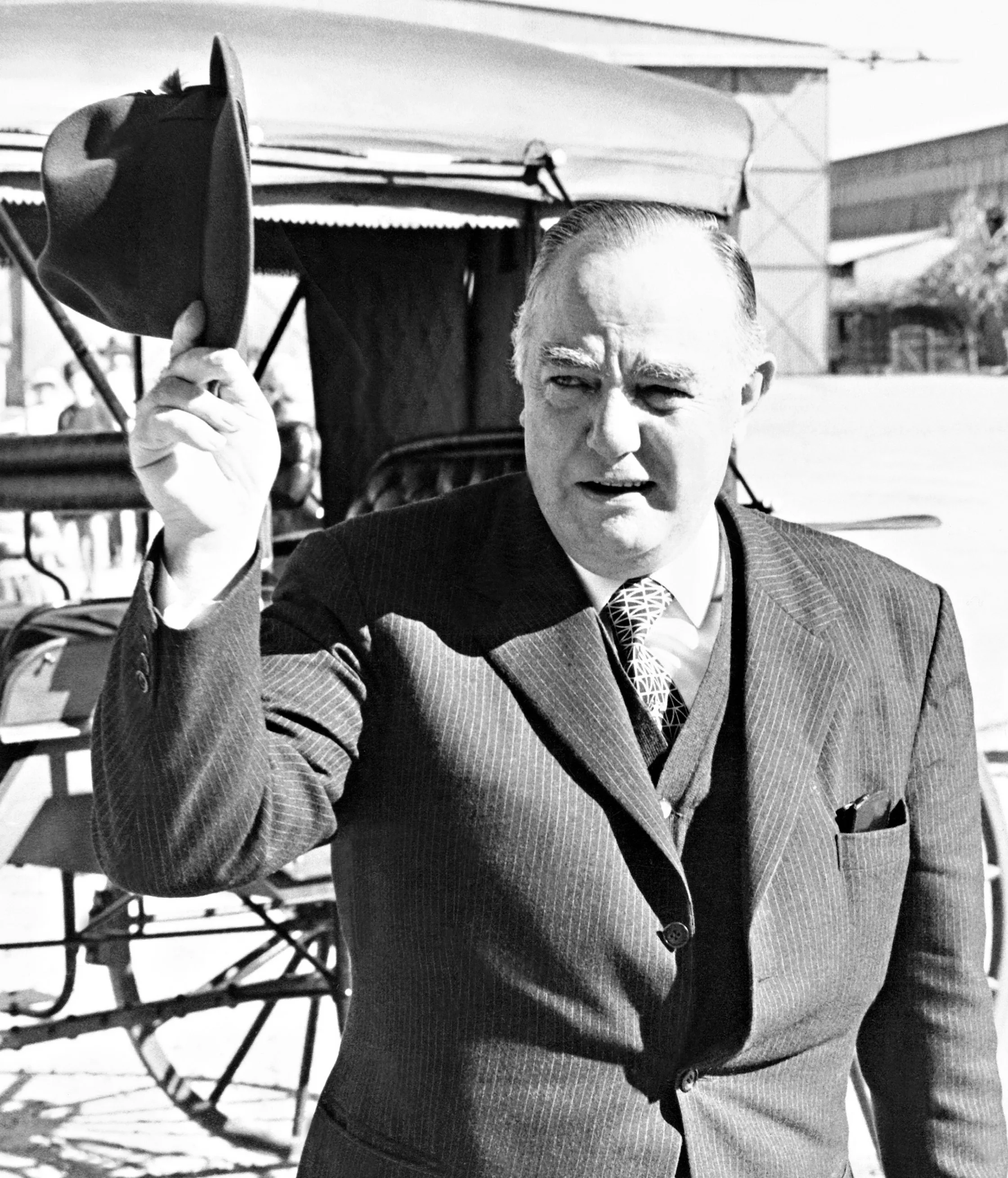 Prime Minister BJ Vorster on 17 June 1972. He was invited to visit Israel in 1976. (Photo: Gallo Images)
Prime Minister BJ Vorster on 17 June 1972. He was invited to visit Israel in 1976. (Photo: Gallo Images)
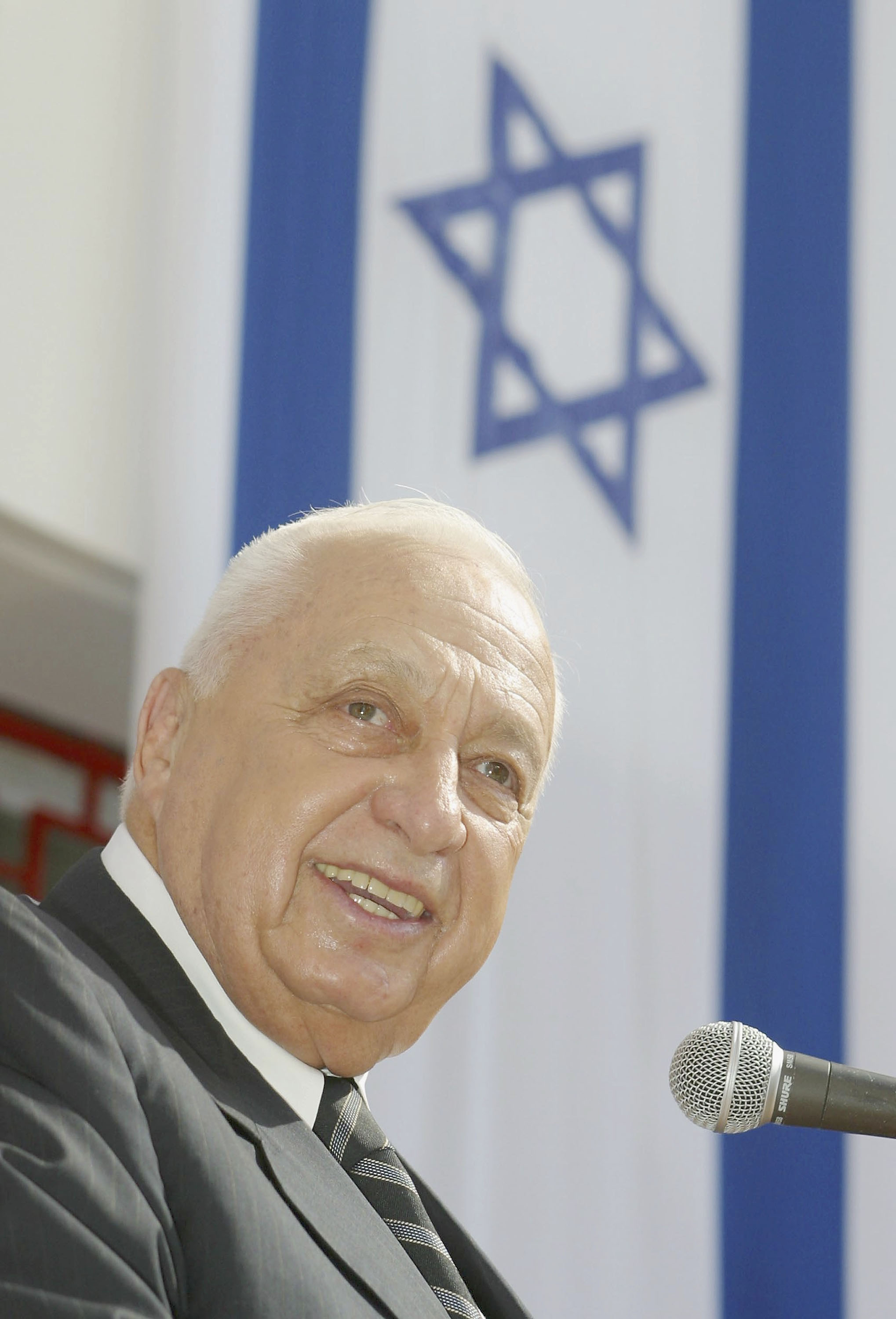 Israeli Prime Minister Ariel Sharon addresses young pupils at the Yitzhak Rabin Elementary School, on the first day of the new school year, 31 August 2003, in Netivot, southern Israel. (Photo: Yehuda Lahiani-Poo / Getty Images)
Israeli Prime Minister Ariel Sharon addresses young pupils at the Yitzhak Rabin Elementary School, on the first day of the new school year, 31 August 2003, in Netivot, southern Israel. (Photo: Yehuda Lahiani-Poo / Getty Images)
Former Israeli prime minister Ariel Sharon was a known fan of Bantustans, and he was one of the biggest advocates of their construction in Israeli settlements from the 1970s. He also wanted to adapt them into the West Bank.
Former Israeli ambassador Avi Primor wrote in his autobiography about a trip to South Africa in the early 1980s with then defence minister Sharon and recalls how much Sharon was taken by the Bantustan enterprise. Former Italian prime minister Massimo D’Alema told Israeli newspaper Haaretz in 2003 that Sharon had explained to him that the Bantustan model was the most appropriate for Palestine.
Near the end of South Africa’s apartheid regime and the first democratic election in 1994, Israel was one of the last nations to maintain a relationship with the white minority regime.
The Israeli defence establishment had long become entranced by its own propaganda and believed that apartheid would last forever. Nelson Mandela took notice. In a 1993 speech to the delegates of the Socialist International, Mandela said: “The people of South Africa will never forget the support of the state of Israel to the apartheid regime.” DM
The Palestine Laboratory: How Israel Exports the Technology of Occupation around the World by Antony Loewenstein is published in South Africa by Jacana Media.
This story first appeared in our weekly Daily Maverick 168 newspaper, which is available countrywide for R29.





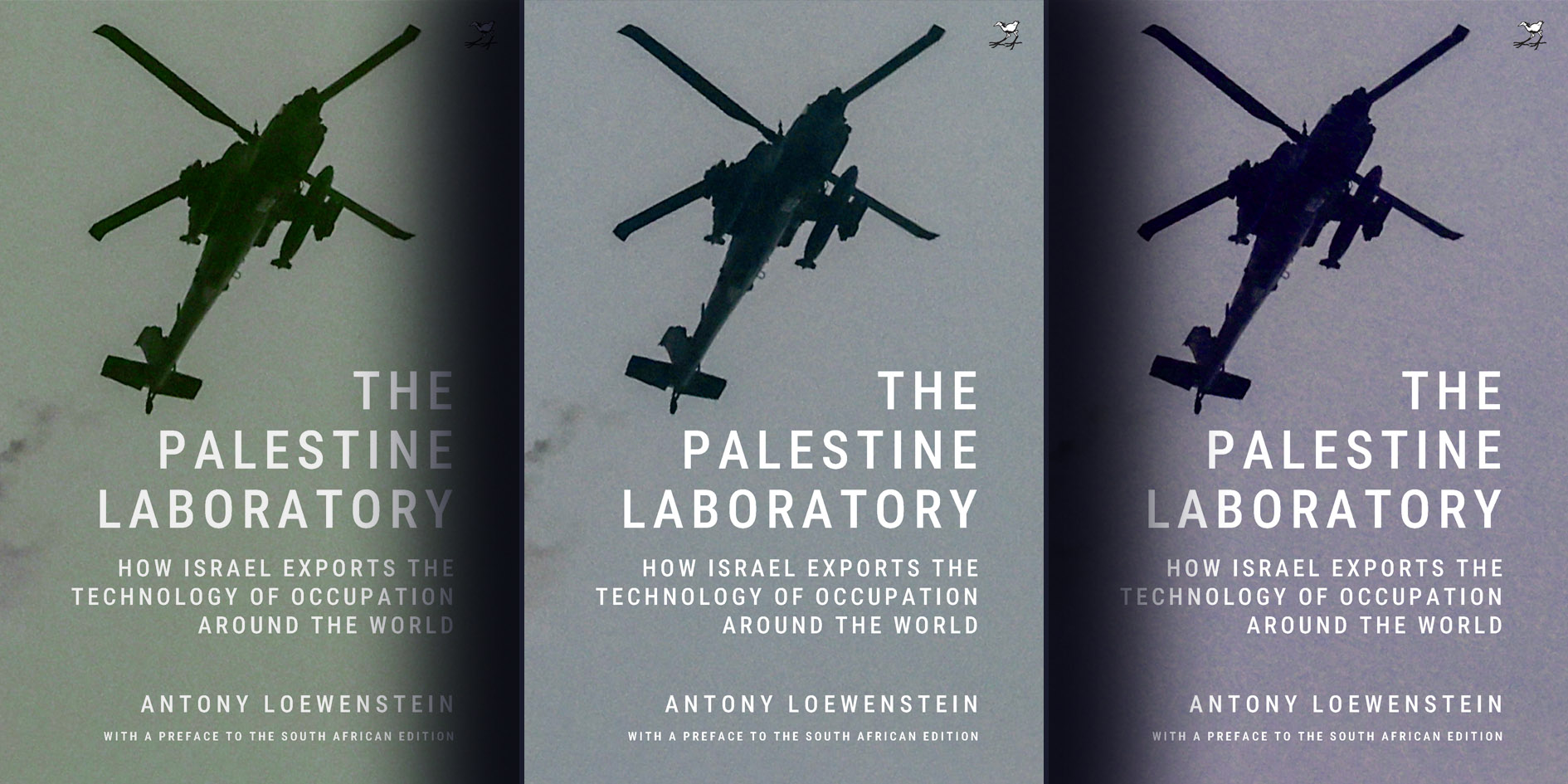 NETIVOT, ISRAEL - AUGUST 31: Israeli Prime Minister Ariel Sharon addresses young pupils at the Yitzhak Rabin Elementary School, on the first day of the new school year August 31, 2003 in Netivot in southern Israel. Thousands of police and security personnel were on guard against possible terror attacks as some 1.75 million students were expected to attend schools in Israel's Jewish communities. (Photo by Yehuda Lahiani-Poo / Getty Images)
NETIVOT, ISRAEL - AUGUST 31: Israeli Prime Minister Ariel Sharon addresses young pupils at the Yitzhak Rabin Elementary School, on the first day of the new school year August 31, 2003 in Netivot in southern Israel. Thousands of police and security personnel were on guard against possible terror attacks as some 1.75 million students were expected to attend schools in Israel's Jewish communities. (Photo by Yehuda Lahiani-Poo / Getty Images)